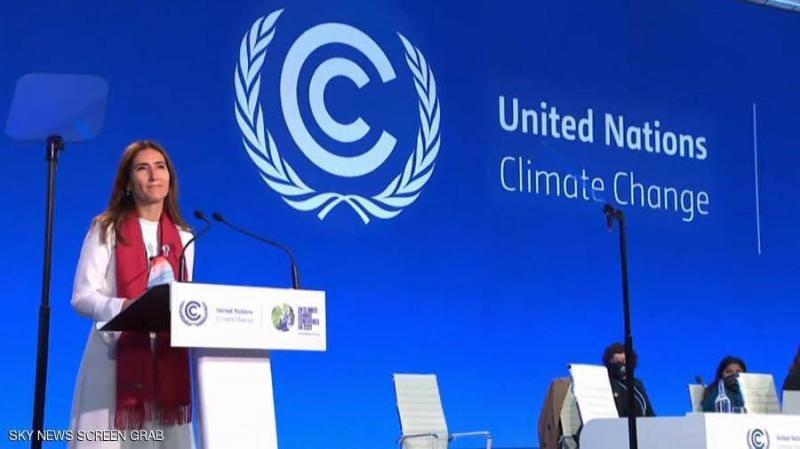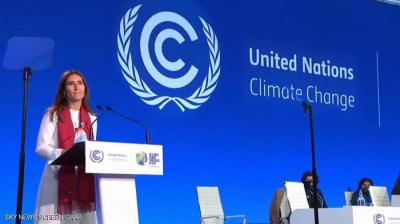A recent study analyzing hundreds of thousands of posts has revealed that the social media platform Facebook contributes to the growing misinformation surrounding climate change. The study, released on Thursday by the independent monitoring organization "Real Facebook Oversight Board" and the environmental nonprofit "Stop Funding Heat," focused on over 195 Facebook pages and groups.
The study found that 818,000 posts downplay or deny the climate crisis, with a significant increase in views for these posts on Facebook, estimated at 1.36 million views daily. The release of the study coincides with the Glasgow Climate Summit "COP26" in Scotland, which runs until November 11, and urges governments to seriously consider the role of misinformation about climate on social media.
Researchers conducted the study asserted that Facebook hinders the ambitions of COP26 by being the largest source of misinformation regarding the climate crisis globally. The names of the analyzed pages and groups varied, including names like "Climate Change is Natural," "Climate Change is Nonsense," and "Climate Reality." Among the pages were individuals such as right-wing U.S. politician Marjorie Taylor Greene, who posted misleading articles and information about the climate crisis. The groups primarily shared "satirical images" that deny the existence of climate change and mock politicians trying to address the crisis through legislation.
Sean Bockan, Partnerships Director at "Stop Funding Heat," stated that misinformation regarding the climate crisis is rising rapidly, noting that interactions for each post in their dataset increased by 76.7% compared to last year. He added that "if it continues to rise at this rate, it could cause significant harm in the real world."
New Legislation
As COP26 continues, activists in the U.S. Congress, the British Parliament, and the European Parliament have directed efforts to pass legislation aimed at regulating Facebook, given its inability to curb climate misinformation. According to the study, misinformation on Facebook regarding climate change and other issues is largely driven by a small number of sources. The study found that 78% of the misinformation came from just seven pages, all of which were reported in a previous report a year ago, while Facebook had previously refused to remove these pages.
In May 2021, the nonprofit organization Avaaz reported that there were 25 million views of misinformation related to climate science and renewable energy within just 60 days in the United States. Frances Haugen, a former Facebook employee turned whistleblower, recently revealed that 87% of Facebook's spending on misinformation goes to English-language content, despite only 9% of its users speaking English.




